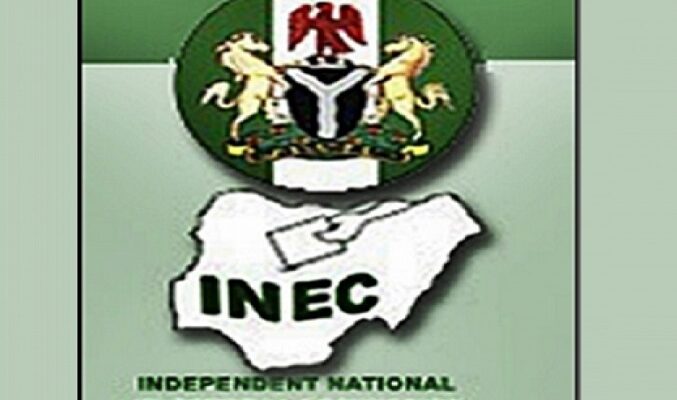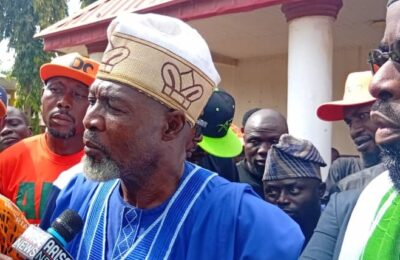The foundation of credible leadership is a credible electoral process. Without it, elections in Nigeria will remain nothing but a costly ritual, producing leaders without legitimacy.
The Independent National Electoral Commission (INEC) must therefore adopt mandatory use of BVAS and real-time electronic transmission of results. In today’s world, technology has proven that one fingerprint can unlock a phone, open a car, or secure a home. Yet in Nigeria, it is possible for one person to possess and use multiple voter cards during elections. This anomaly makes a mockery of democracy.
Electronic voting must be introduced nationwide. Mallam Nasir El-Rufai, as Governor of Kaduna State, pioneered the use of technology-driven electronic voting machines during local government elections. These machines ensured transparency and accuracy with built-in totalizers and real-time transmission to a central server. Remarkably, even members of his own political party lost their elections under this system because Mallam El-Rufai prioritized credibility over political gain. He was more interested in delivering a free and fair election than manipulating outcomes.
What became of this groundbreaking technology? Why didn’t INEC build upon its success and expand it nationwide? If Kaduna State could demonstrate the possibility of credible electronic voting, then INEC has no excuse.
The INEC Chairman, Prof. Mahmood Yakubu, has personally traveled to countries like Ghana and Kenya to observe how elections are credibly conducted. Beyond Africa, we see examples in India, Brazil, and Pakistan—nations with populations larger than Nigeria, yet they manage to conduct elections transparently and acceptably. If they can do it, why not Nigeria? Mahmood must choose legacy over infamy. He has the opportunity to write his name in gold by standing on the side of credibility. Already, the new Electoral Act has improved the process by restricting party primaries to statutory delegates, unlike before when every party executive participated. But this is not enough—we must go further.
Nigeria will never progress if leaders continue to rig themselves into power through fraudulent processes. We have witnessed elections where the total votes cast exceeded the number of accredited voters, yet such results survived through every stage of court proceedings. Only in Nigeria can the third runner-up become governor—Imo State being a notorious case study.
This must stop. Nigerian youths must rise to demand reforms. Peaceful protests should be organized, with the support of human rights lawyers and activists such as Femi Falana (SAN), Wole Soyinka, Shehu Sani, Deji Adeyanju, Omoyele Sowore, Aisha Yesufu, Reno Omokri, religious leaders, and other concerned voices.
Bad governance fuels banditry, kidnapping, unemployment, and other social vices. Agile youths are left idle without small-scale industries or empowerment programs. Instead of creating opportunities, government policies keep expanding institutions that only breed more jobless graduates. Meanwhile, 98% of National Assembly members remain fixated solely on their welfare and that of their families.
It is time for Nigerians—especially the youth—to demand an end to electoral fraud. Credible elections are the only path to credible leadership. And without credible leadership, Nigeria’s future will remain uncertain.
We therefore call on INEC and the National Assembly to immediately initiate genuine electoral reforms ahead of 2027. BVAS, electronic transmission of results, and electronic voting must be made mandatory, with stiff penalties for violations. History will not forgive those who squander yet another opportunity to secure Nigeria’s democracy.
– Comrade Jélìl Adabara El-Okene
Public Affairs Analyst and Child Educational Promoter




